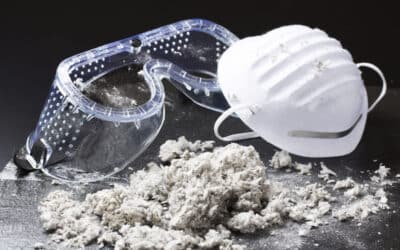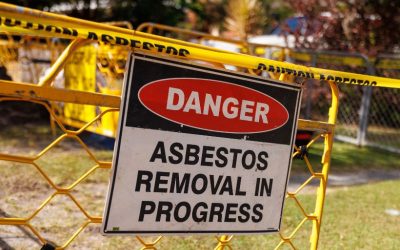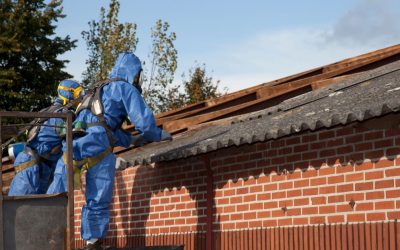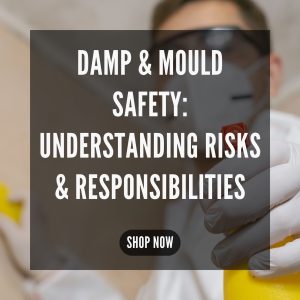The HSE have announced that they are cracking down on UK businesses where workers are exposed to a range of different dusts that are linked to respiratory diseases.
Over the next few weeks, HSE inspectors will focus on industries such as construction, woodworking and food manufacturing where occupational lung diseases are more common amongst workers.
As part of the dust inspections, the HSE will want to see what measures have been put in place by businesses to protect their employee’s health from the likes of asbestos, silica, wood and flour dust.
Sarah Jardine, HSE’s chief inspector of construction, said: “We are carrying out this series of inspections to ensure businesses are fulfilling their legal duties to protect workers from harm. This includes controlling the levels of dust in workplaces.
“We want to ensure employers and their workers are aware of the risks associated with any task that produces dust. Such work needs to be properly planned and use the right controls, such as water suppression, extraction and masks.”
How Can Your Business Prepare for HSE Dust Inspections?
If your business is likely to fall on this list of inspections, then you need to ensure that you are prepared.
Even if you think that you are already doing everything possible to protect your workers, and up to the standard set by the HSE, it can never hurt to carry out a review.
You will need to be able to show to the HSE that you are taking dust control seriously and are aware of the dangers associated with exposure to dust in the workplace in accordance to with Control of Substances Hazardous to Health (COSHH) Regulations.
Start by assessing the risks.
You need to plan your overall strategy by identifying the health hazards linked to your workplace, the workers that are at risk and how significant these hazards are to the health of employee’s.
You should also involve your workers in the management of these risks where possible.
If you need any support with your COSHH Risk Assessment, then we can write up your documentation for you or provide you with COSHH Assessment Templates.
You then need to take action.
Now that the risks have been identified, you will need to create a plan of action to prevent and control the risks before work starts. This may also involve training workers using an Online Asbestos Awareness Training Course and providing them with appropriate PPE, such as Dust Masks and Goggles.
If you do fall under the category of a business that already has these measures in place, then you should conduct a thorough review. You need to assess whether the control measures that you have in place are effective, whether the safety management systems you have put in place are being used by your workers, and if there are any risks or hazards that you may have missed which need immediate action.
In summary, the best things you can do to ensure that you satisfy the HSE should they carry out an inspection at your business are:
- Apply effective leadership and commitment
- Undertake a risk assessment
- Ensure that workers are competent and trained
- Plan and implement processes to eliminate or minimise hazards to health
- Investigate and report any potential workplace ill health
For further advice and unlimited support across all Health and Safety matters in the workplace, we offer a Safety Advisory Service which assigns you one of our experienced and qualified health and safety consultants to act as your ‘competent person’ and ensure that you are complying with all health and safety regulations.
To learn more about this or any of our other services, call us today on 01237 477 931










